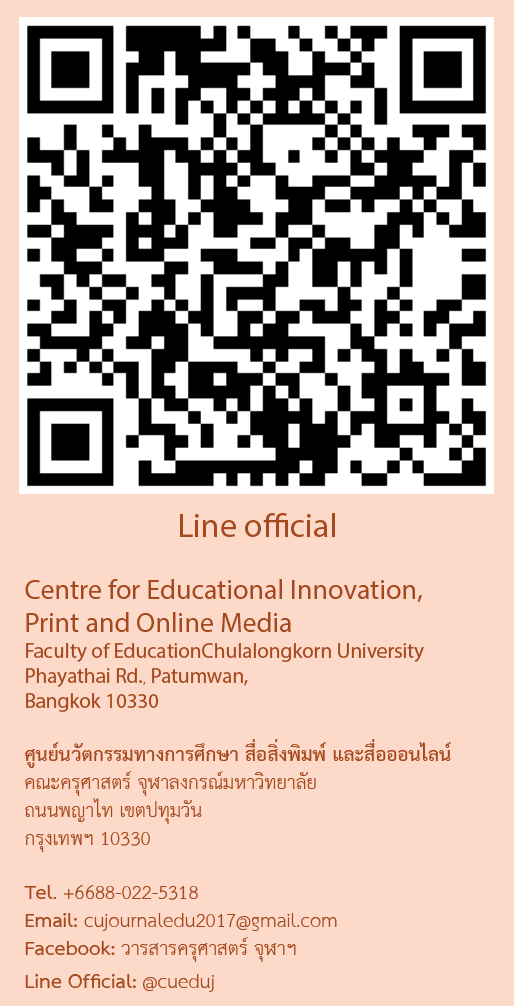Abstract
This research intended to explore the existing skill of automation, develop and implement a new online training model for automation engineering students who are working in the industrial automation engineering field to improve their professional skills, and lastly to evaluate the learning outcomes. This was quasi-experimental research. Two groups were performed with the use of a pre-test and post-test to compare the results of skill evaluation tests of two groups of students. Twenty working persons who have been working in the industrial automation-engineering field in Singapore were selected as samples and were grouped into two groups: the control group and the experimental group. The new training model, "Empowered Training Model", was used as a treatment for the experimental group, and the control group received a conventional training model. Rubrics from the American Association of Colleges and Universities were used in the skill evaluation process. The research data was analyzed with SPSS statistic software. The student’s professional skills of problem-solving, critical thinking, creative thinking, inquiry and analysis, and lifelong learning skills were observed and evaluated. Also, the research hypotheses were tested with an independent sample t-test and paired sample t-test. The results showed that the new TVET training model effectively improves students’ learning outcomes.
Publisher
Faculty of Education, Chulalongkorn University
DOI
10.58837/CHULA.EDUCU.50.3.5
First Page
1
Last Page
14
Recommended Citation
Naung, Ye and Cleesuntorn, Athipat
(2022)
"Remote Labs for Automation Engineering and Technical and Vocational Education: Proposing a New Training Model,"
Journal of Education Studies: Vol. 50:
Iss.
3, Article 6.
DOI: 10.58837/CHULA.EDUCU.50.3.5
Available at:
https://digital.car.chula.ac.th/educujournal/vol50/iss3/6


